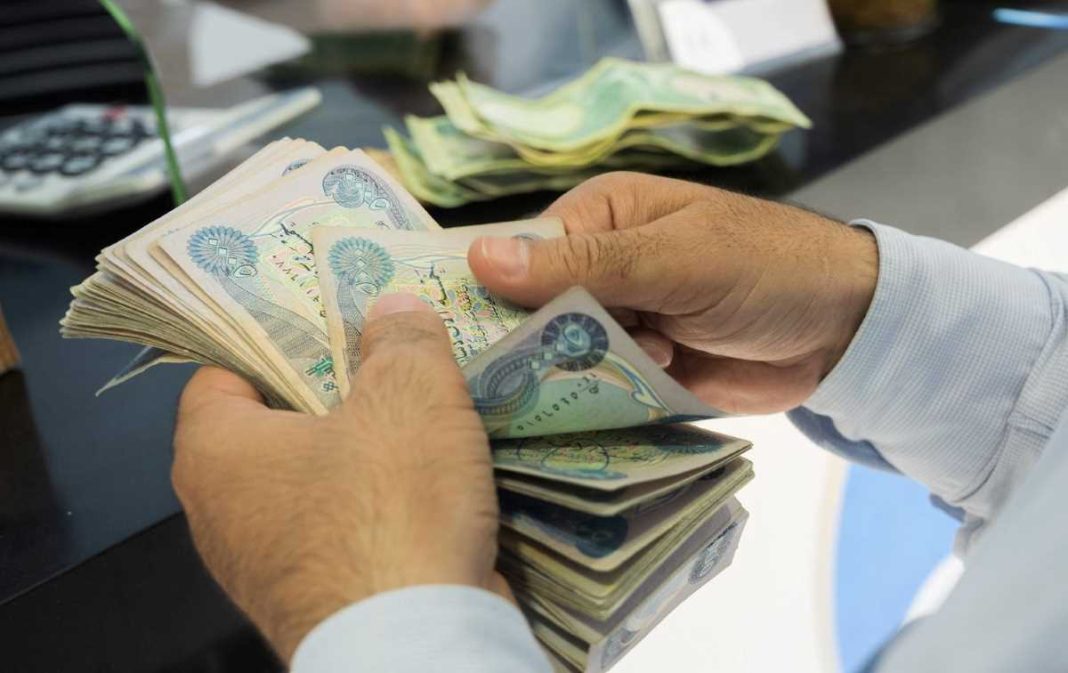Yahya Al-e Eshaq said Iran and Iraq enjoy strong all-out relations.
Iran’s exports to Iraq are growing despite US pressure on Baghdad to curb trade between the two neighbors, according to reports.
“With the new banking sanctions by the United States, the monitoring of banks and transfers of dollars in Iraq have increased, which has led to restrictions,” he continued, adding, “The supply of dollars in the Iraqi market has decreased and its price has increased, which has harmed business in the country.”
By creating a balance in the dinar-dollar exchange rate in Iraq, the problems will be solved, the official noted.
Even when transactions are approved, it takes banks up to 15 days to get the funds rather than two or three days. Unable to get dollars at the official price through banks, traders have turned to the black market to buy dollars, causing the price to rise.
According to Al-e Es’haq, some Iraqi money changers are currently holding up on money transfers in the expectation that the dinar rate will increase again.
The exchange rate for the Iraqi dinar has jumped to around 1,750 to the dollar at street exchanges in some parts of the country, compared to the official rate of 1,500 dinars to the dollar.
Al-e Es’haq touched on measures taken by the Iraqi government to balance the currency market, expecting that the fluctuations will decrease and problems will be solved.
Meanwhile, Iraqi Prime Minister Mohammed Shia al-Sudani has played down the current devaluation as “a temporary issue of trading and speculation.” He replaced the Central Bank governor and instituted measures intended to ensure a supply of dollars at the official rate.
Al-e Es’haq said Iran’s exports to Iraq continue without any interruption, and the two countries expect their trade to increase. “During the coming days, the problems of currency transfer in Iraqi exchanges will be resolved.”
“The two countries have friendly relations regardless of the governments which currently administer them. This strong relationship is vital for Tehran and Baghdad,” Al-e Es’haq added.
For months, the US has restricted Iraq’s access to its own dollars, trying to stamp out the country’s trade with Iran. Iraq is now feeling the crunch, with a drop in the value of its currency and public anger blowing back against the government.
The dinar’s deterioration comes even though Iraq’s foreign currency reserves are at an all-time high of around $100 billion, pumped up by spiking global oil prices that have brought increasing revenues to the petroleum-rich nation.
But accessing that money is a different story.
